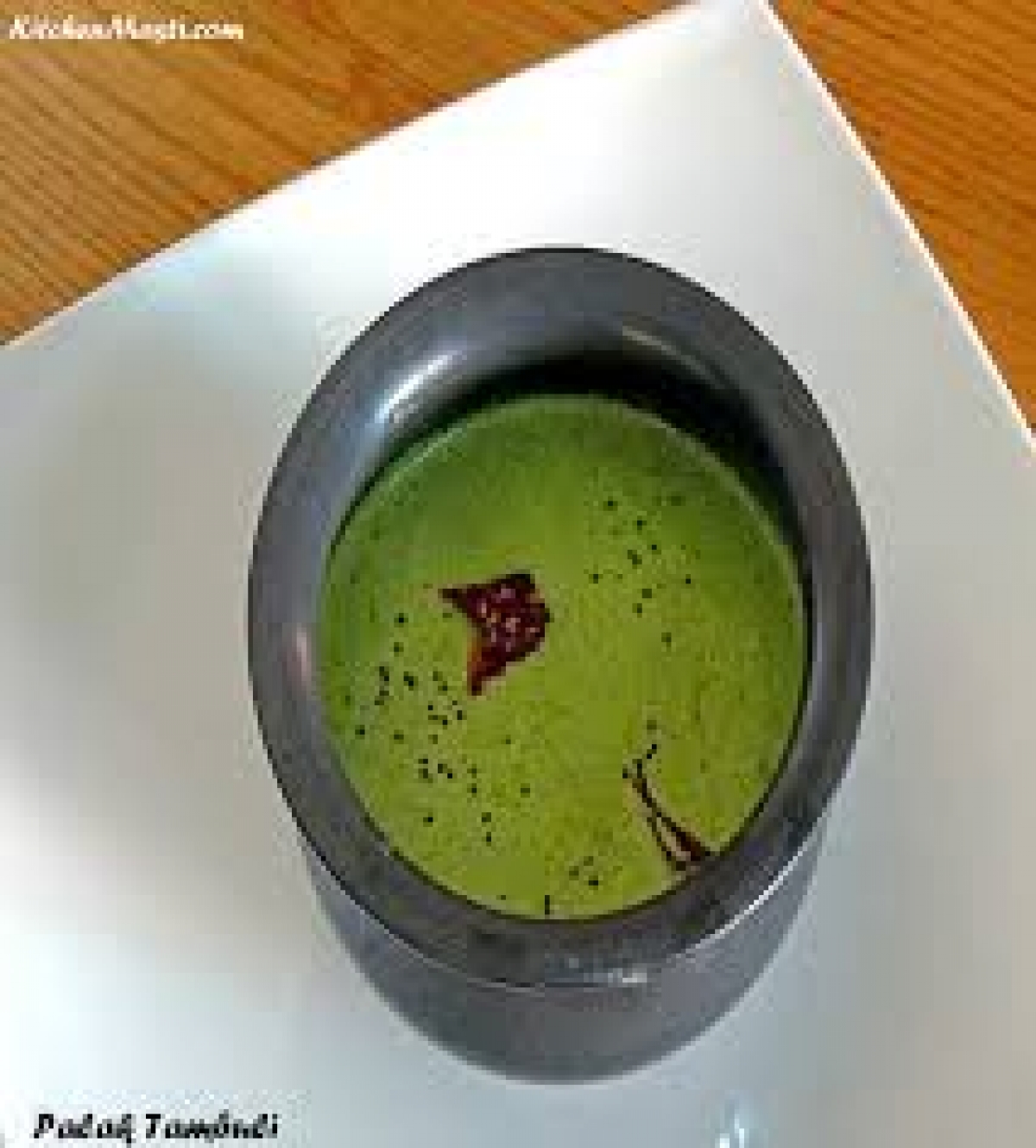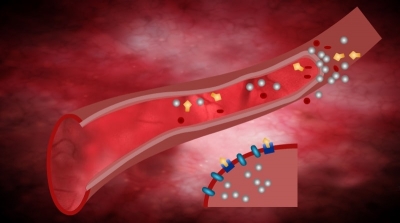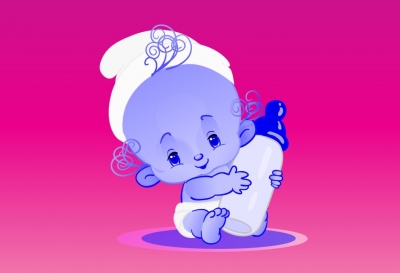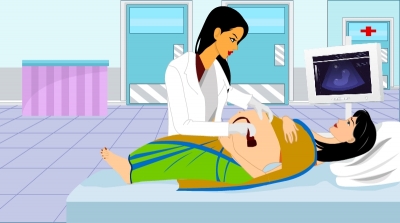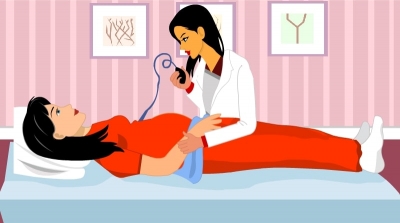Her blood parameters were always near perfect. She never had high cholesterol or High LDL. You may be wondering : Hmm...Coconut so often and normal cholesterol. Well, Something is missing. This brings me to the topic of my discussion : What is cholesterol and how does it affect health and well being?
What is Cholesterol?
Cholesterol is a waxy substance found in some foods and is also made by the liver in our body. Surprisingly, only 25% of the cholesterol in our body comes from the food we eat and the rest of the 75% is made by our body.
Cholesterol production from the food we eat
On consumption of a fatty meal, the gallbladder contracts and releases bile acids in to the intestine. Bile acids once in the intestine help to breakdown (emulsify) the cholesterol, triglyceride( chemical name for fat, which is three glycerol molecules) fat-soluble vitamins in the food. Bile acids can be compared to a soap like substance which helps in breaking the grease which is the fat in our food into smaller particles, so that they can be acted upon by the enzymes.
Once emulsified the lipases act on the fat and By the time the fatty food reaches the intestine it has been broken down by the enzymes lipases in to mono glycerides and free fatty acids. These are then absorbed from the lumen of the intestine in to the intestinal cells. Once inside the cells they re-accumilate into triglycerides.
Journey from intestine to the liver
Cholesterol and fats cannot dissolve in the blood. It floats similar to oil in water. It needs to be taken in the blood with the help of a carrier. This is done by a protein molecule called apoprotein. So the fat and the cholesterol in the diet once it reaches the intestine is packaged with the different types of apoproteins and they form a lipoprotein and gets transported to muscle, and other tissues in need of fatty acids for energy and also who need Cholesterol. The cholesterol esters, triglycerides and the apoproteins are called the lipoproteins (lipids+Protein). There are different types of lipoproteins in the blood based on their density - Chylomicron, VLDL, LDL and HDL.
Chylomicron and VLDL have more triglyceride and LDL has more cholesterol and HDL has more protein. HDL because it has more protein then fat is more dense and hence the name high density lipoprotein.
Cholesterol production in the body
Cholesterol production in the body happens mostly in the liver and to a lesser extent in the intestine and in the sex glands.
Cholesterol is being constantly synthesized in our body in the liver through a series of steps which involves a lot of enzymes. The production of lipoproteins in the liver begins with the VLDL. VLDL is formed by packing together triglycerides, phospholipids and cholesterol with an apoprotein. VLDL as the name indicates is light and fluffy as it has a lot more fat in the form of triglycerides and VLDL gets out of the liver and delivers its triglycerides to the cells which need it for energy and now the remaining molecule which is the apoprotein and cholesterol will become the LDL . HMG CoA reductase is an important enzyme involved in the production of Cholesterol in the liver and is the target of Statin drugs. These drugs inhibit the enzyme thus reducing the internal production of Cholesterol.
The cholesterol in the LDL is not important for any thing in the body. The cholesterol needed by the cells for their cell membrane is made by the cells themselves. Only the triglycerides are needed by the cells to produce energy. LDL is kind of a by product of VLDL metabolism. LDL predominantly carries only cholesterol. LDL moves around and delivers cholesterol to tissues that may need them to make hormones. Once it has delivered cholesterol the LDL goes back to the liver, where the apoprotein in the LDL is recycled and if any cholesterol is left, it is mixed with the bile juice and excreted out.
HDL is produced by the liver, it is empty to begin with and picks up excess cholesterol from the tissues and brings it to the liver where the cholesterol is excreted into the bile juice and the apoprotein in the HDL is recycled back. So it taking away cholesterol from arteries and cells.
As we notice, the Fatty Acids in VLDL is used by our cells for energy, the cholesterol carried by LDL is mostly used by the tissues to make hormones. This way cholesterol is very important for the body
Cholesterol is important for many functions in our body
- Cholesterol forms the essential part of the cell membrane of all the cells in our body. It contributes to the flexibility of the cell membrane. This allows the cells to move and change shape constantly without being broken. When ever there is damage to any cell, LDL delivers cholesterol to the cell for repair of the membrane and goes back to the liver.
- Vitamin D is synthesised from Cholesterol
- Cholesterol is the precursor for all steroid hormones in the body like the cortisol, sex hormones (testosterone, progesterone, estrogens) etc
- Cholesterol is also the precursor for bile acids which acts as an emulsifier for fats.
Regulation of Cholesterol by the body
When there is excess dietary intake of Cholesterol, the body regulates the cholesterol in the body by cutting down the internal production of Cholesterol
How do you measure the Cholesterol in the blood?
Lipid profile : It is a test which can measure the amount of total cholesterol, VLDL, LDL and HDL in your blood. These levels are used as a biomarkers for cardio- vascular health and lipid abnormalities. Total cholesterol tells you about the circulating total cholesterol, which is the sum of LDL, HDL cholesterol and other lipid components.
Total blood cholesterol
Normal < 200 mg/dL
Borderline-high 200–239 mg/dL
high cholesterol > 240 mg/dL
Your LDL cholesterol number should be ideally below 140 mg/dl .
Higher HDL is good for you. Ideally it should be above 40mg/dl
HDL (high-density lipoprotein) cholesterol is also called "good" cholesterol. HDL protects against heart disease by taking the bad cholesterol out of your blood and keeping it from building up in your arteries. Your HDL cholesterol should ideally be above 40 mg/dl
Triglycerides are the chemical form in which most fat exists in food and the body. Triglycerides are mostly carried in VLDL and chylomicrons. VLDL comes from the liver and also has cholesterol. Chylomicrons come from dietary fat.Triglyceride levels should be ideally below 150mg/dl
What factors influence your Lipid profile?
Several factors including diet and lifestyle seem to influence these parameters.
A variety of factors can affect your cholesterol levels, these include :
- Your gut microbiome : Lot of research on gut microbiome and how it affects the LDL levels is being done. I will be writing a separate article on this. I feel developing a healthy gut bacteria by eating fiber rich diet can go a long way in not only keeping your lipid levels in check but also contributing to overall good health.
- Weight : Obesity is a driving factor for chronic inflammation and it can increase your triglyceride levels
- Exercise : Has been shown to have an effect on your HDL levels (increases the levels) , and Triglyceride levels (decreases it)
- Cholesterol levels tend to rise with age. Women tend to have higher cholesterol levels during menopause.
- Heredity: Some people may have the wrong genes which could determine how much cholesterol your body makes.
A lot of focus is given to reducing the levels through lifestyle changes and through medication. Given the fact that cholesterol plays a very important role in cellular mechanisms and also needed for the production of Vitamin D and several lipid soluble vitamins and for the synthesis of various hormones, reducing the intake of dietary fat can lead to less absorption of these high value nutrient substances. Vitamin D is shown to play a role in reducing the risk of chronic diseases and it also has anti-inflammatory properties. Therefore, lower cholesterol levels do not equate to better health, or to lower risk of chronic diseases such as CVD.
Several modifiable and non modifiable risk factors are known to tilt the balance in our body from being healthy to a disease state. When the body is exposed to chronic insult in the form of unhealthy lifestyle like smoking, alcohol, or lack of physical exercise, the immune system of the body tries to counter the insult by activating its defense system in the form of an inflammation. This inflammation is the trigger for the build up of fatty plaque inside arteries in the sites of inflammation. This plaque as it grows bigger may rupture, mingle with blood, and form a clot. These clots are responsible for the majority of heart attacks and most strokes. In short, the CVD risk is more to do with the chronic inflammation.
But when the cholesterol levels are way above normal and not controlled by lifestyle changes one of various medicines, such as statins, fibrates, cholesterol absorption inhibitors, nicotinic acid derivatives or bile acid sequestrants are prescribed.
My grandmother ate her coconut chutney, had an active social circle, enjoyed the company of her great grandkids till her last day. She did her ekadashi fasts and did not bother about any other diet. I strongly believe, her active physical life, her positive spirit, and her simple diet contributed to her long happy life. I think as a country we have inherited some of the best cultures in the world : whether it is the food we eat based on availability of the ingredients (regional or seasonal) or the different religious and spiritual practices we observe. These habits had kept most of the lifestyle diseases at bay in these generations. Unfortunately, we as a generation have gotten used to comforts in life and to a degree have turned our attention to the west and their habits. These habits, although may suit the climate and demography of the west may not suit in our context. This could be one of the reasons for the rise in lifestyle diseases in India.

